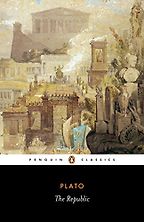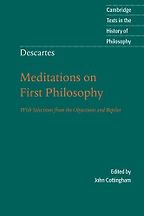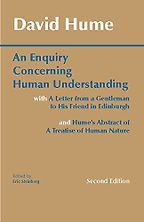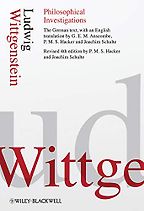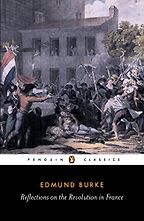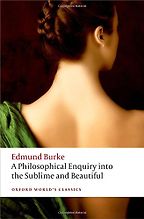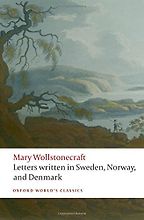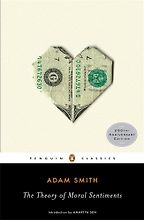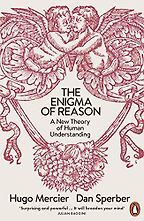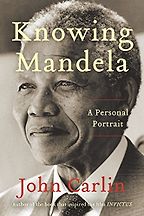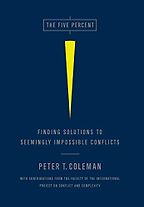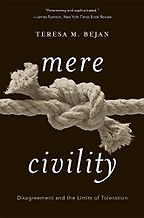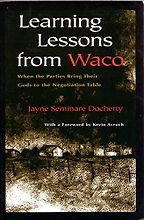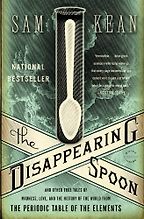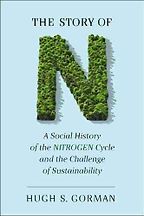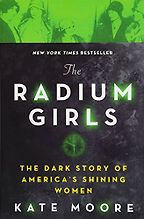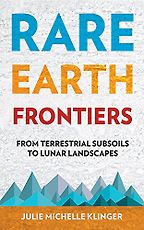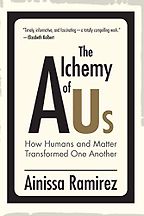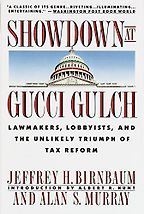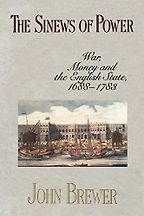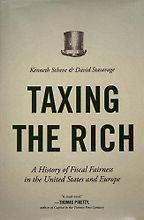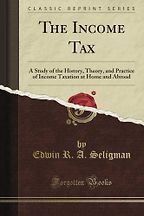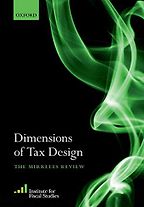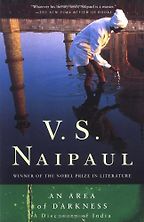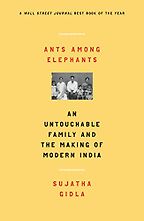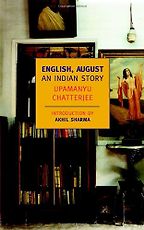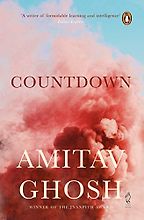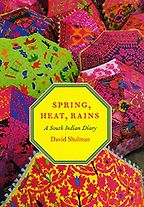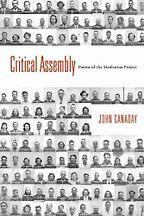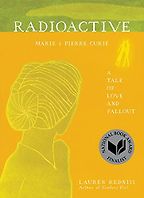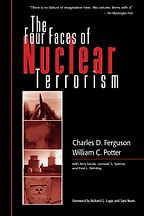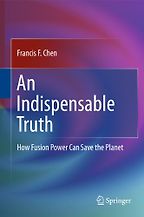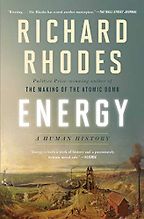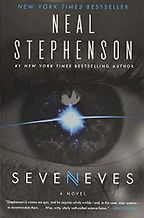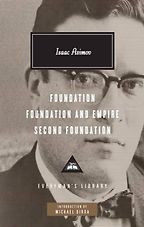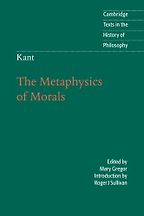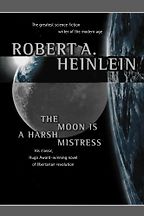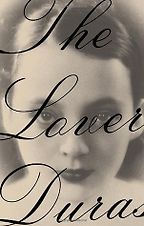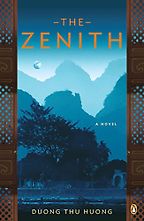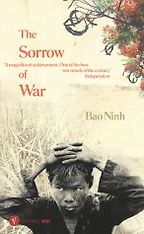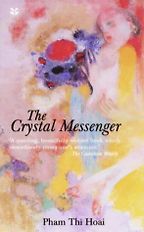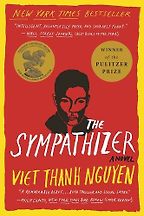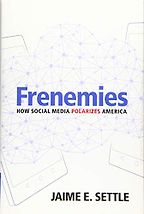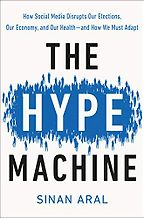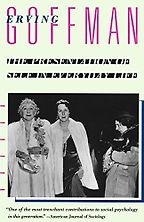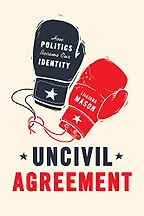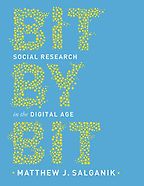Interviewer

Sophie Roell, Editor
Sophie Roell is co-founder and editor of Five Books. Previously she worked as a journalist in London, Beijing, Shanghai and New York. As a financial reporter, she covered the early years of the Chinese stock markets and the transition of its economy after Deng Xiaoping’s 1992 tour of the south. She wrote about the North Korean economy from Pyongyang in 2001.
She studied modern history as an undergraduate at Oxford and, after travelling the world as a reporter for five years, took the Master’s in Regional Studies-East Asia at Harvard University. This wonderfully flexible program insists on at least one East Asian language and some courses on East Asia, but leaves plenty of room to roam about the university taking courses on random subjects. Five Books, set up in 2009, is an attempt to continue that experience.
Below, you’ll find Sophie’s Five Books interviews with experts. Her own recommendations, normally nonfiction, are here. She also reads a lot of mysteries.
Interviews by Sophie Roell
Key Philosophical Texts in the Western Canon, recommended by Nigel Warburton
Even if you’ve never studied philosophy, it’s nice to be able to read a few books and get a sense of what it’s all about. Here, we asked our philosophy editor, Nigel Warburton, to talk us through five key works of Western philosophy—many of them in the public domain and available for free as ebooks—and explain why, despite one or two odd conclusions or quirky writing styles, they’ve played such an important role in expanding our understanding of the world.
-

1
Reflections on the Revolution in France
by Edmund Burke -

2
A Philosophical Enquiry into the Sublime and Beautiful
by Edmund Burke -

3
A Vindication of the Rights of Men and A Vindication of the Rights of Woman
by Mary Wollstonecraft, edited by Sylvana Tomaselli -

4
Letters written in Sweden, Norway, and Denmark
by Mary Wollstonecraft -

5
The Theory of Moral Sentiments
by Adam Smith
The Best Mary Wollstonecraft Books, recommended by Sylvana Tomaselli
The Best Mary Wollstonecraft Books, recommended by Sylvana Tomaselli
Mary Wollstonecraft lived by her pen and wrote trenchant critiques of the role of women and marriage in late 18th century British society. She died aged 38, a few days after giving birth to her second daughter, Mary Shelley. She is often remembered for writing the Vindication of the Rights of Woman, but it was not in fact her best book, says Cambridge intellectual historian Sylvana Tomaselli. Here, she recommends books to read to get a good understanding of the extraordinary Mary Wollstonecraft, and the writers she was both influenced by and reacting against.
-

1
The Enigma of Reason: A New Theory of Human Understanding
by Dan Sperber & Hugo Mercier -

2
Knowing Mandela: A Personal Portrait
by John Carlin -

3
The Five Percent: Finding Solutions to Seemingly Impossible Conflicts
by Peter Coleman -

4
Mere Civility: Disagreement and the Limits of Toleration
by Teresa Bejan -

5
Learning Lessons From Waco: When Parties Bring Their Gods to the Negotiation Table
by Jayne Docherty
The best books on Disagreeing Productively, recommended by Ian Leslie
The best books on Disagreeing Productively, recommended by Ian Leslie
Many of us avoid conflict in our relationships with family and friends or at work, but that’s probably a mistake, says Ian Leslie, author of a number of nonfiction books on human behaviour. Here, he recommends books that offer insight into how to disagree productively, from evolutionary biology to 17th century Rhode Island, from Nelson Mandela to seemingly intractable conflicts.
-

1
The Disappearing Spoon: And Other True Tales of Madness, Love, and the History of the World from the Periodic Table of the Elements
by Sam Kean -

2
The Story of N: A Social History of the Nitrogen Cycle and the Challenge of Sustainability
by Hugh Gorman -

3
The Radium Girls: The Dark Story of America's Shining Women
by Kate Moore -

4
Rare Earth Frontiers: From Terrestrial Subsoils to Lunar Landscapes
by Julie Klinger -

5
The Alchemy of Us: How Humans and Matter Transformed One Another
by Ainissa Ramirez
Best Books on the Periodic Table, recommended by Henrik Selin & Noelle Eckley Selin
Best Books on the Periodic Table, recommended by Henrik Selin & Noelle Eckley Selin
The periodic table of the elements has been described as “one of the great intellectual achievements of humankind”. Here, Noelle Eckley Selin of MIT and Henrik Selin of Boston University talk us through some of their favourite books about various chemical elements and explain why they’re vital to understanding the world around us.
-

1
Showdown at Gucci Gulch: Lawmakers, Lobbyists, and the Unlikely Triumph of Tax Reform
by Alan Murray & Jeffrey Birnbaum -

2
The Sinews of Power: War, Money and the English State, 1688–1783
by John Brewer -

3
Taxing the Rich: A History of Fiscal Fairness in the United States and Europe
by David Stasavage & Kenneth Scheve -

4
The Income Tax: A Study of the History, Theory, and Practice of Income Taxation at Home and Abroad
by Edwin Seligman -

5
Dimensions of Tax Design: The Mirrlees Review
by Institute for Fiscal Studies
The Best Books on Taxes and Taxation, recommended by Joel Slemrod & Michael Keen
The Best Books on Taxes and Taxation, recommended by Joel Slemrod & Michael Keen
Many of us try to avoid thinking about taxes unless we have to, but the truth is taxation has had a profound effect on the course of history and will play a key in the future society we create, too. Here, Michael Keen and Joel Slemrod, both public finance economists and authors of Rebellion, Rascals, and Revenue: Tax Follies and Wisdom Through the Ages, recommend books about taxes that are not only informative but also good reads.
The best books on Contemporary India, recommended by Kapil Komireddi
As the world’s biggest democracy, India could be an inspiring example of how a multiethnic, multilingual country with many different religions can come together to form a vibrant state with equality enshrined in its constitution. But all that is in danger of going down the drain, as the country transforms into a brutally exclusionary Hindu-supremacist state under the leadership of Narendra Modi, says Kapil Komireddi, essayist and author of Malevolent Republic: A Short History of the New India. Here, he talks us through how the country got to where it is now and recommends five books that present a “comprehensive picture” of contemporary India.
-

1
Critical Assembly: Poems of the Manhattan Project
by John Canaday -

2
Radioactive: Marie & Pierre Curie: A Tale of Love and Fallout
by Lauren Redniss -

3
The Four Faces of Nuclear Terrorism
by Center for Nonproliferation Studies -

4
An Indispensable Truth: How Fusion Power Can Save the Planet
by Francis Chen -

5
Energy: A Human History
by Richard Rhodes
Nuclear Books, recommended by Richard Wolfson
Nuclear Books, recommended by Richard Wolfson
In science, the word ‘nuclear’ refers to anything to do with the atomic nucleus, whether you’re using it to generate power or create weapons of mass destruction. Here, physicist and science educator Richard Wolfson recommends five books relating to things nuclear, from a book of graphic nonfiction about the Curie family to how fusion can save the planet.
Space Travel and Science Fiction Books, recommended by Christopher Mason
Space travel may be the stuff of science fiction but some of it is getting closer and closer to becoming reality. What’s more, we have a duty to pursue it, says Christopher Mason, Professor of Genomics, Physiology, and Biophysics at Weill Cornell Medicine and author of The Next 500 Years, a blueprint of how to set about leaving our solar system. Here, he recommends his favourite science fiction about space travel, and an essential philosophy book.
The Best Vietnamese Novels, recommended by Sherry Buchanan
Vietnam has had a tumultuous history and its literature is one powerful way of trying to understand it better. Journalist, author and publisher Sherry Buchanan—who has spent two decades introducing Vietnam’s culture to English-speaking audiences—talks us through the best Vietnamese novels available in English, spanning the years from French colonialism to the 2016 Pulitzer Prize.
-

1
Frenemies: How Social Media Polarizes America
by Jaime Settle -

2
The Hype Machine: How Social Media Disrupts Our Elections, Our Economy, and Our Health—and How We Must Adapt
by Sinan Aral -

3
The Presentation of Self in Everyday Life
by Erving Goffman -

4
Uncivil Agreement: How Politics Became Our Identity
by Lilliana Mason -

5
Bit by Bit: Social Research in the Digital Age
by Matthew Salganik
The Best Books on Social Media and Political Polarization, recommended by Chris Bail
The Best Books on Social Media and Political Polarization, recommended by Chris Bail
Convenient as it is to blame our political woes on the polarizing effect of social media, echo chambers, interference by foreign powers or other shadowy operators, the truth is that human nature and our search for identity and status are more likely culprits. Sociologist Chris Bail, a professor at Duke University and director of its ‘Polarization Lab’, talks us through what social science has to say about the connection between social media and political polarization.
